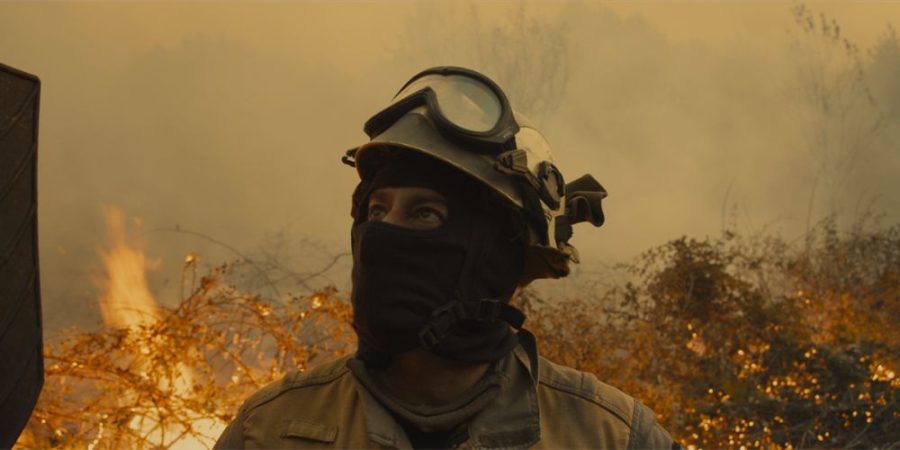Bojack Horseman, Raphael Bob-Waksberg's first animated sitcom, managed to capture the vagaries of its thesis in less than three minutes. Set to the tune of Will Arnett's husky, weathered voice, the titular Bojack uses the opportunity to contort the show's setting into one entirely about him. To the same effect, Bob-Waksberg's new series, Long Story Short, is busy achieving this same goal as it directs the audience's attention to a domed bridge peaking above the clouds, bearing the date atop its peak: 1996.
Bob-Waksberg is savvy in his understanding of what audiences should expect from a series he creates: grounded emotions, a density of jokes and ruptured protagonists. He levies this to prioritise the introduction of Long Story Short's experimental structure, wherein each episode follows the Schwooper siblings – Avi (Ben Feldman), Shira (Abbi Jacobson) and Yoshi (Max Greenfield) – from childhood to adulthood and back again. The breadth of the series' generational scope, which draws inspiration from the likes of Noah Baumbach, Boyhood and The Simpsons, gives the series a broader sandbox to play with than the vainglory of Bojack Horseman's ‘Hollywoo', confidently forgoing easy upset for the complexities of familial trauma and religious identity.
In this way, Long Story Short is escorted towards a tone closer to realism than animalistic silliness, a change that Bob-Waksberg described as “fresh” to FILMHOUNDS. Re-teaming with production designer and producer Lisa Hanawalt, the series' animation style is best described as a playful, block coloured New Yorker comic strip come to life. This aesthetic simplicity and the familial familiarity with which the cast are written, however, establishes a closed circuit that viewers averse to the show's comfortable shared language may find difficult to open, almost as if it were anticipating one to be participatory from the first blast of the series' funky, upbeat title sequence.
This closed circuit, however, is likely a symptom of the dysfunction and trauma that each of Long Story Short's ten episodes is designed around. Nonetheless, as the series is anthological by design, episodes are positively unburdened from the binge-era storytelling practice of rushing to answer, “what happens next?” Two of the best episodes, that delicately embrace the free-fire chutzpah of Bob-Waksberg's goofiness in juxtaposition with his careful brand of melancholy, focus on Yoshi, and a series of down-the-rabbit-hole-like foibles involving tubed mattresses, sperm donation and a wayward cat.
Bob-Waksberg's experimental structure, which illustrates the Schwooper's as children, confused twenty-somethings and further lost forty-what's, takes notice of the shifting attitudes towards animated sitcoms' adult-skewing leads and that the best comedy can be communicated through punchlines occurring decades after the setup. There's a satisfaction in witnessing time through a form that can be communicated as timeless. However, where shows such as King of the Hill have thirteen seasons of memory to reflect upon, Long Story Short has the capacity to reflect and create all at once – a fierce reminder of its general premise: time.
10 out of 10 episodes were available to view.
Long Story Short is now available to stream on Netflix.









